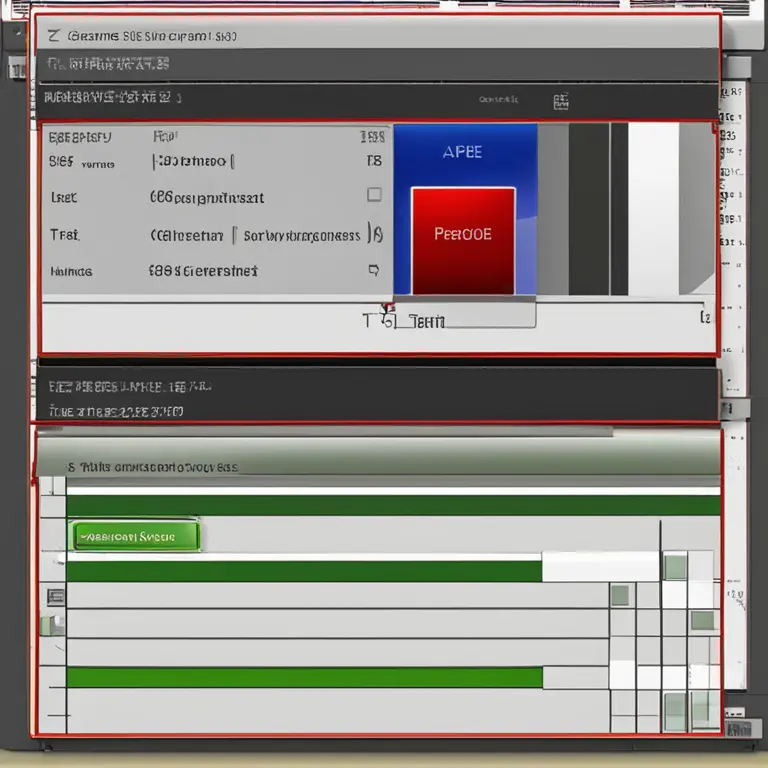
Optimal Meditation Techniques for Modern Living
Discover the most efficient meditation practices to enhance your daily life in today’s fast-paced world.
article by Hina Kurosawa
Introduction to Meditation
Meditation has been a cornerstone of spiritual practices for centuries, offering a pathway to tranquility, increased mental clarity, and well-being. In the 21st century, its relevance has only escalated, as individuals seek respite from the fast-paced digital age. Today's discussion revolves around identifying which meditation technique holds the greatest efficacy for contemporary lifestyles, balancing ancient wisdom with modern science.

Focusing on Breath
One universally embraced method is breath-focused meditation, a practice that transcends cultural and traditional boundaries. By concentrating on the rhythm of inhalation and exhalation, this technique offers a straightforward approach to calming the mind. Clinical studies support its effectiveness in reducing anxiety, showcasing its value as a tool for mental health maintenance. Furthermore, its simplicity caters to both beginners and seasoned practitioners alike.

Mindfulness Meditation
Mindfulness meditation, a practice rooted in Buddhist tradition, encourages acute awareness of the present moment. By acknowledging thoughts and sensations without judgment, practitioners cultivate a state of passive observation. This form of meditation has gained a following due to its applicability in stress reduction programs, such as Mindfulness-Based Stress Reduction (MBSR), and its noted benefits in emotion regulation and cognitive focus.

Mantra and Chanting Practices
Diving into the realm of sound, mantra meditation involves the repetitive utterance of sacred words or sounds. This auditory focus can lead to deep states of relaxation and an enhanced connection with one's inner self. Technological advancements have even led to the creation of apps that facilitate mantra chanting sessions, making it more accessible for individuals seeking a structured, sound-based practice.
Movement-Based Meditation
For those who find stillness challenging, movement-based meditation such as Tai Chi, Qigong, and yoga offer dynamic alternatives. These practices integrate meditative intent with physical activity, providing dual benefits for the body and mind. Current fitness trends often incorporate mindful movement, reflecting a growing appreciation for practices that honor both physical exercise and mental tranquility.
Personalized Meditation Experiences
In this digital age, personalized meditation experiences are becoming commonplace. With AI-based applications and virtual reality environments, individuals can now custom-tailor their meditation practices to their specific needs and preferences. This technology-driven approach enables a data-backed understanding of personal meditation styles and their efficacy, contributing to the personal and scientific knowledge base of meditative success.
Choosing Your Optimal Technique
Ultimately, the most effective meditation technique is one that aligns with an individual's unique lifestyle, preferences, and goals. Experimentation with different forms—guided, silent, sound-based, or movement-oriented—can uncover the practice that resonates most deeply. As the field continues to evolve, so too will the tools and methodologies available for cultivating a fulfilling meditation practice.
Published: 1/18/2024
Modified: 1/18/2024
More predictions
Come back here soon to learn more about yourself and your future


The Meaning of Meditation
A concise foray into the meaning and practice of meditation in contemporary wellness cultures.


Meditation Techniques for Better Sleep Explored
Discover effective meditation methods to improve your sleep quality and embrace a more restful night with our guide.


Beginner's Guide to Effective Meditation Techniques
Discover the core techniques for successful meditation and enhance your spiritual journey with this beginner-friendly guide.